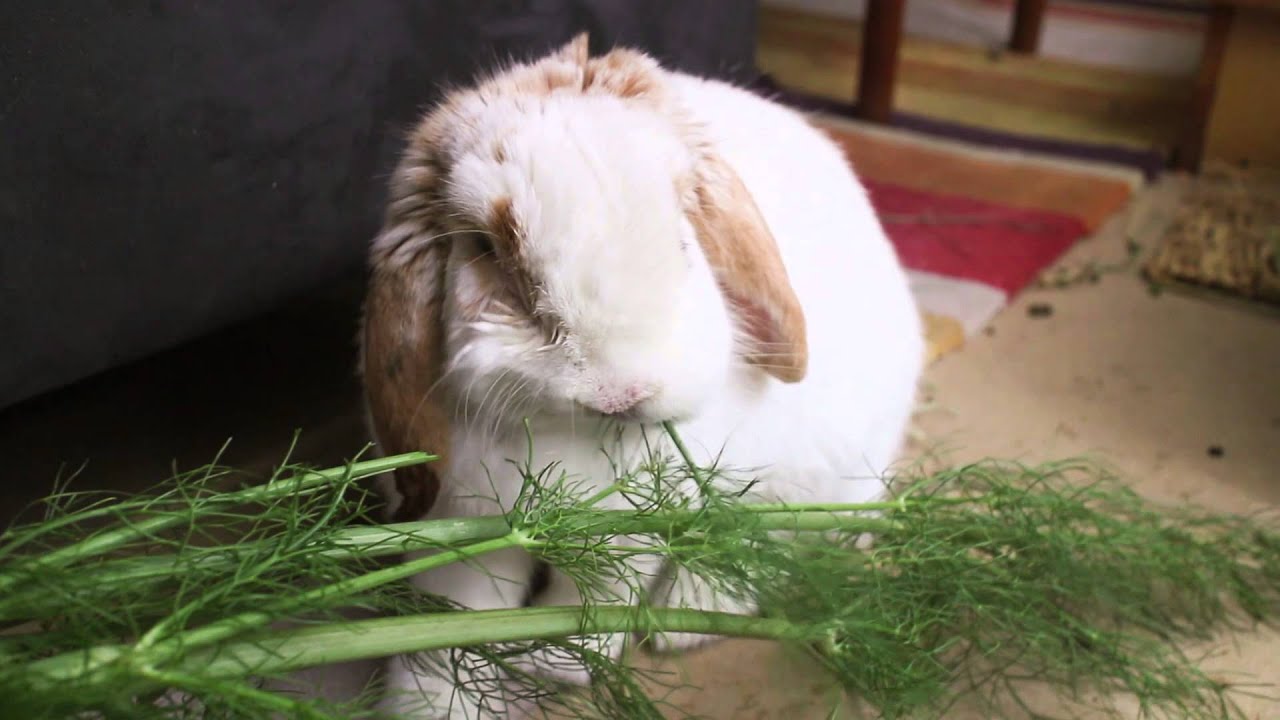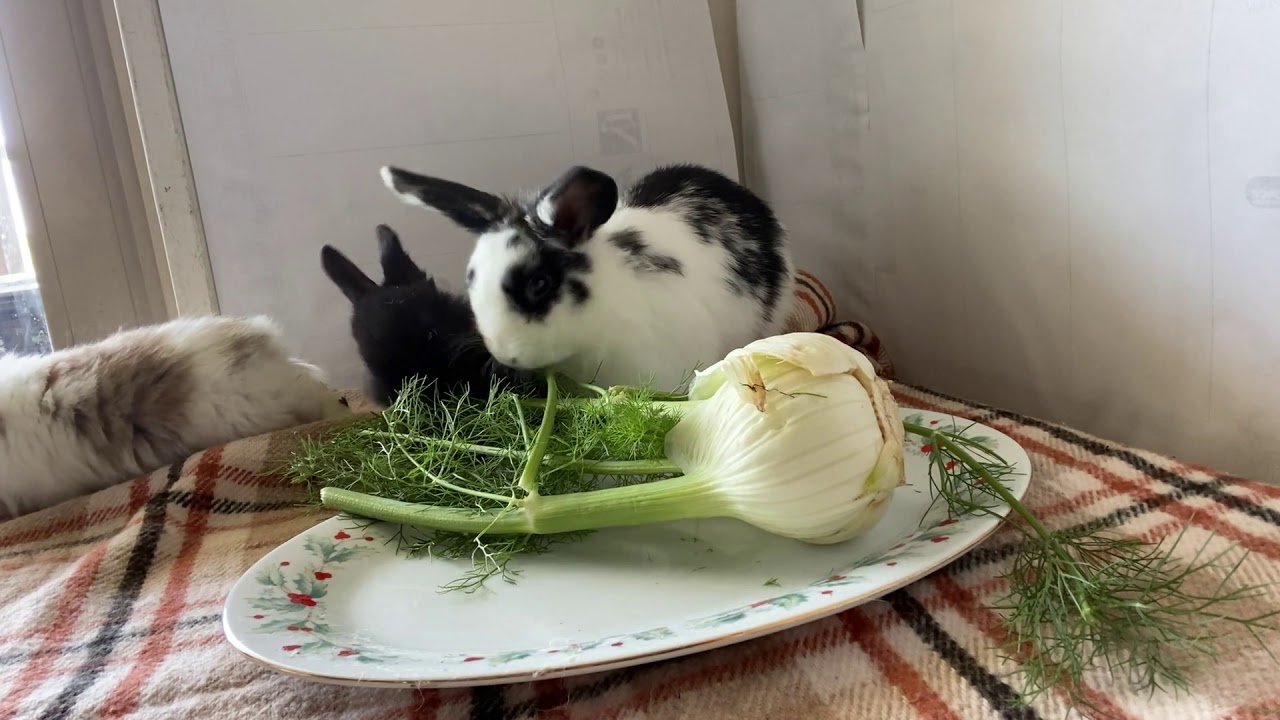Rabbits are adorable and gentle creatures that require a well-balanced diet to thrive. As a responsible rabbit owner, it’s essential to provide them with a variety of fresh and healthy foods. Fennel, with its unique flavor and numerous health benefits, is often a topic of curiosity among rabbit owners. In this article, we will explore whether rabbits can eat fennel and the potential benefits and considerations associated with including it in their diet.

Can Rabbits Eat Fennel?
Yes, rabbits can indeed eat fennel. Fennel is a herbaceous plant that belongs to the carrot family, and its crunchy bulb, stalks, and feathery leaves are all safe for rabbits to consume. It not only adds diversity to their diet but also offers several nutritional advantages.
The Nutritional Benefits of Fennel for Rabbits
-
Vitamins and Minerals: Fennel is rich in essential vitamins such as vitamin C, vitamin K, and folate. It also contains minerals like potassium, calcium, and manganese, which are vital for a rabbit’s overall health.
-
Fiber Content: Fennel is an excellent source of dietary fiber, which aids in maintaining a healthy digestive system for rabbits. It promotes regular bowel movements and prevents gastrointestinal issues.
-
Hydration: Fennel has a high water content, which helps keep rabbits hydrated. Adequate hydration is crucial for their overall well-being and prevents issues like urinary tract problems.
-
Antioxidants: Fennel contains antioxidants that help combat free radicals in a rabbit’s body, reducing the risk of cellular damage and promoting a healthy immune system.
How to Introduce Fennel to Your Rabbit’s Diet
When introducing fennel to your rabbit’s diet, it’s important to follow these guidelines:
-
Moderation: Fennel should be given to rabbits in moderation. While it offers nutritional benefits, it should not replace their primary diet of hay, fresh vegetables, and pellets.
-
Freshness: Ensure that the fennel you offer to your rabbit is fresh and free from any signs of spoilage. Wash it thoroughly to remove any pesticides or dirt before serving.
-
Proper Preparation: Cut the fennel into small, bite-sized pieces to make it easier for your rabbit to chew and digest. Remove any tough or fibrous parts that may be difficult for them to consume.
-
Observation: Monitor your rabbit’s response to fennel. Some rabbits may have individual sensitivities or allergies, so it’s important to watch for any adverse reactions. If you notice any digestive issues or changes in behavior, consult a veterinarian.
Frequently Asked Questions (FAQs)
Q1: Can rabbits eat fennel leaves?
Yes, rabbits can eat fennel leaves. The feathery leaves of fennel are safe and nutritious for rabbits to consume.
Q2: Is fennel safe for baby rabbits?
Yes, fennel can be introduced to baby rabbits once they are weaned and have started consuming solid foods. However, it’s crucial to offer it in small quantities and monitor their response.
Q3: Can rabbits eat fennel seeds?
No, rabbits should not eat fennel seeds. The seeds are small and can pose a choking hazard for rabbits. Stick to offering them the bulb, stalks, and leaves instead.
Q4: How often can rabbits eat fennel?
Fennel should be given to rabbits as an occasional treat rather than a staple food. Offer it once or twice a week in small portions to maintain a balanced diet.
Q5: Are there any alternatives to fennel for rabbits?
Yes, if fennel is not readily available or your rabbit doesn’t enjoy it, there are other safe vegetables you can offer, such as celery, parsley, or cilantro. Always introduce new foods gradually and observe your rabbit’s response.
In conclusion, fennel can be a nutritious addition to a rabbit’s diet when offered in moderation. Its vitamins, minerals, fiber content, and hydration benefits make it a valuable treat. However, it’s important to remember that fennel should not replace their primary diet. As with any dietary changes, it’s best to consult with a veterinarian to ensure the well-being of your furry friend.

